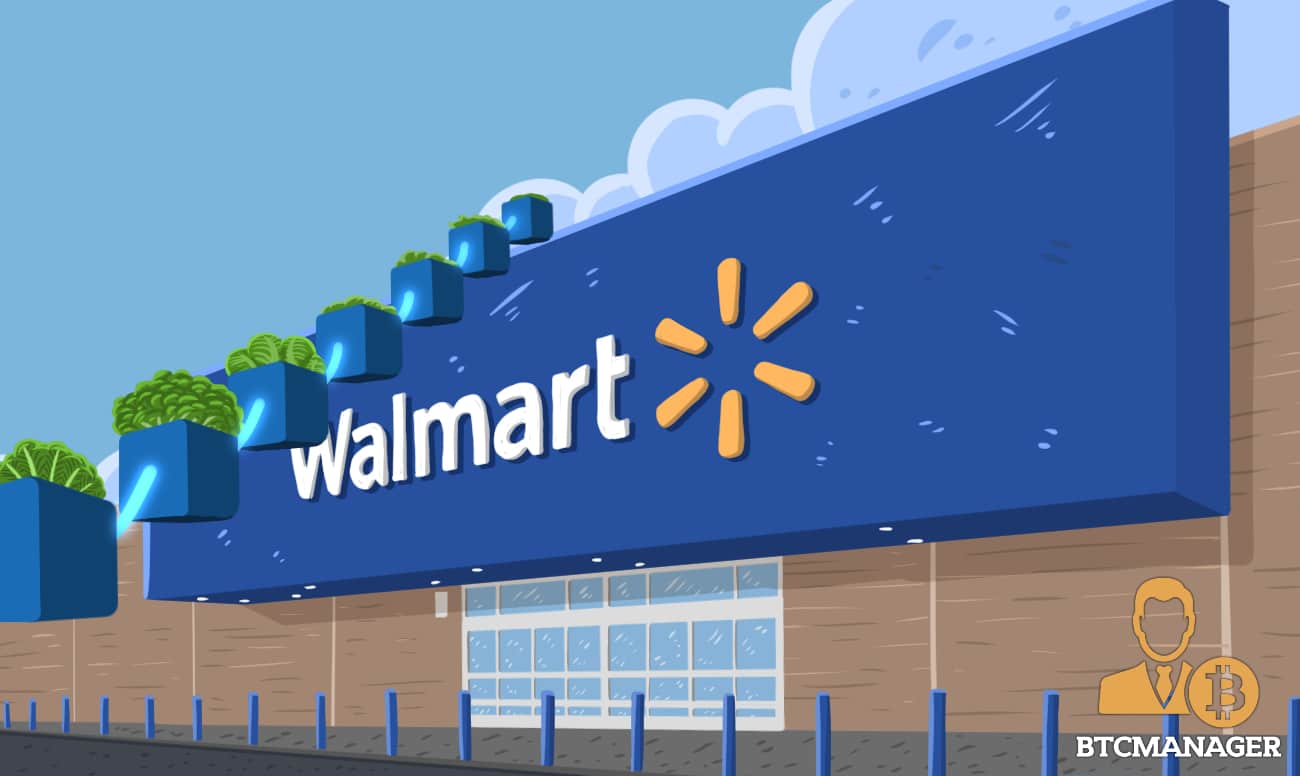Walmart Joins Blockchain Consortium MediLedger to Track Pharmaceuticals

In a bid to bring more transparency to the supply chain of pharmaceutical goods, retail giant Walmart has joined blockchain consortium MediLedger, Coindesk reports, June 3, 2019.
Tracking Pharmaceutical Goods with Blockchain
Although blockchain technology is making encouraging inroads across myriads of industries, its utility in the supply chain management space is especially fascinating.
Distributed ledger technology’s (DLT) immutability makes it a match made in heaven for the supply chain and logistics industry which often suffers from problems such as counterfeiting, adulteration, time delays, and others. Further, this problem becomes all the more significant when dealing with perishable and medicinal goods.
Taking this into consideration, Walmart has joined MediLedger, a blockchain consortium which seeks to reduce the opacity of pharmaceutical supply chains with the help of DLT. Notably, MediLedger is built upon an enterprise version of the Ethereum blockchain and uses the Proof-of-Authority (PoA) consensus protocol.
For the uninitiated, the PoA consensus mechanism for blockchain delivers comparatively rapid transactions by putting identity as a stake. Many believe the PoA protocol to be more robust than the Proof-of-Stake (PoS) consensus mechanism as it ensures that incentives are balanced for the participating elements.
In PoS, while a stake between two participating entities might be even, it doesn’t take into consideration each party’s total holdings which might see-saw incentives in an unbalanced manner. According to its Wikipedia page, the term PoA was first coined Gavin Wood, the co-founder of Ethereum and Parity Technologies.
Coming back to Walmart, the multinational firm is no stranger to blockchain technology as in September last year it utilized a blockchain-powered solution to keep track of the incoming farm produce to ensure that it was not affected by E. Coli bacteria.
Per Walmart’s 2018 annual report, pharmacy and over-the-counter drugs were responsible for $35 billion or close to ten percent of Walmart’s U.S. sales. Hence, it can be argued that the decision to join a pharmaceutical consortium wasn’t rushed but taken after studying its long-term strategic and financial benefits.
MediLedger to Begin Testing in June
Speaking of MediLedger, the blockchain consortium comprises of various pharmaceutical manufacturers including McKesson, AmerisourceBergen, and Cardinal Health.
MediLedger is scheduled to launch a pilot project with the U.S. Food and Drug Administration (FDA) in early June, the Coindesk report adds.
The consortium is currently testing various approaches to develop an interoperable, digitized system to ensure the legitimacy and safety of prescription drugs and aims to deliver a fully functional platform to the U.S. Congress by 2023.













